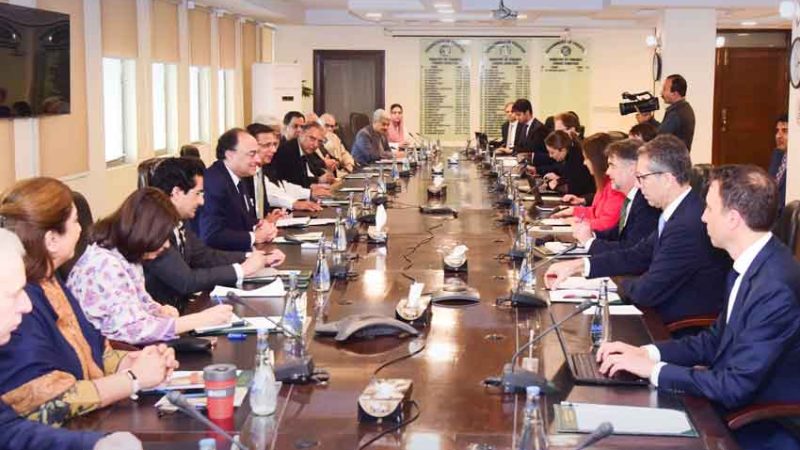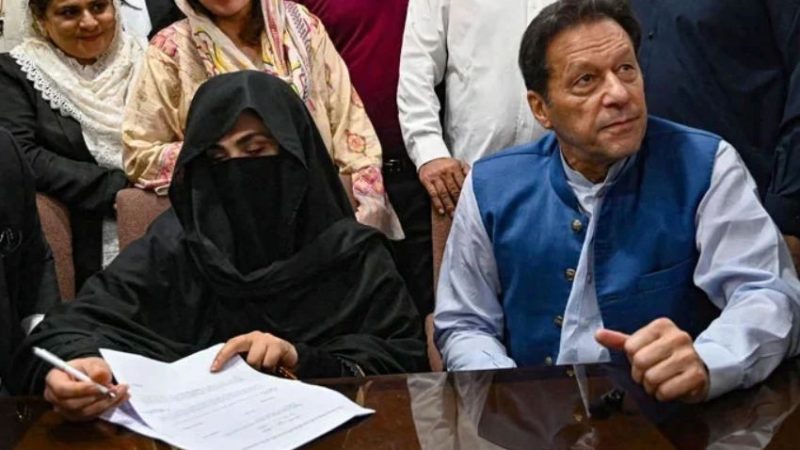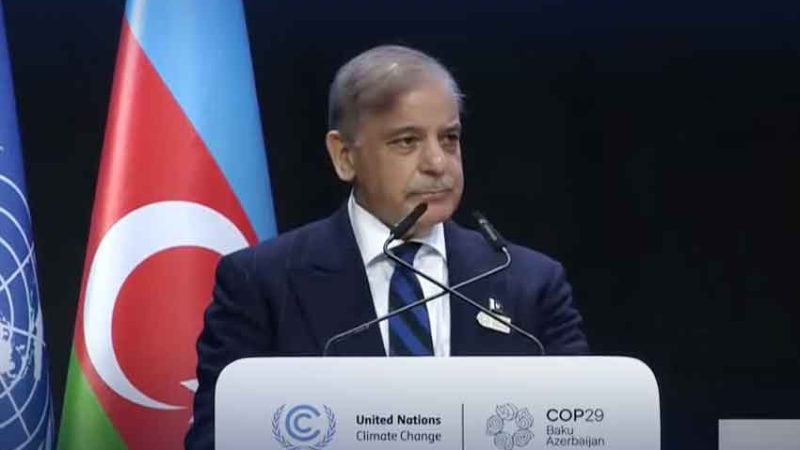Taliban need to go back over their decisions on women.

If the Taliban leadership in Afghanistan does not revoke some of its recent decisions restricting women’s and girls’ rights on its own, the US will take steps to put pressure on it.
In a briefing on Monday, State Department spokesperson Ned Price said, “We’ve handled it directly with the Taliban.” “We have a lot of tools that we are prepared to move forward with if we believe things can’t be reversed or undone.”
He did not go into detail about the prospective moves or how the organization, which has already established policies that have stifled 20 years of progress for girls’ and women’s rights, plans to proceed.
The Taliban ordered women to cover their faces in public on Saturday, reverting to a signature policy of their previous rule and escalating restrictions that have sparked outrage both at home and abroad.
The perfect facial covering, according to the organization, was the all-encompassing blue burqa, which was mandatory for women in public during the Taliban’s prior administration from 1996 to 2001.
The international world has made girls’ education a top priority for any future recognition of the Taliban administration, which assumed power in August after Western forces departed.
Despite this, the Taliban prohibits girls and women from working and restricts their travel unless they are accompanied by a male relative. Most girls were also forbidden from attending school.
“We’ve talked to our allies and partners extensively,” Price added. “We will continue to take actions to put more pressure on the Taliban to reverse some of these decisions and fulfil the promises they have made.”
The $7 billion in frozen Afghan central bank assets on US soil, half of which the Biden administration is aiming to give up to benefit the Afghan people, is a crucial piece of leverage possessed by Washington over the organization.
Since the organization took control, the US and other countries have halted development funds and sanctioned the banking sector, forcing Afghanistan into economic devastation.
Tom West, the US Special Representative for Afghanistan, voiced “grave worry” about the decision made on Saturday.







